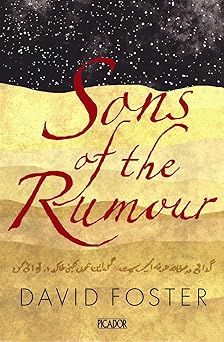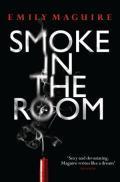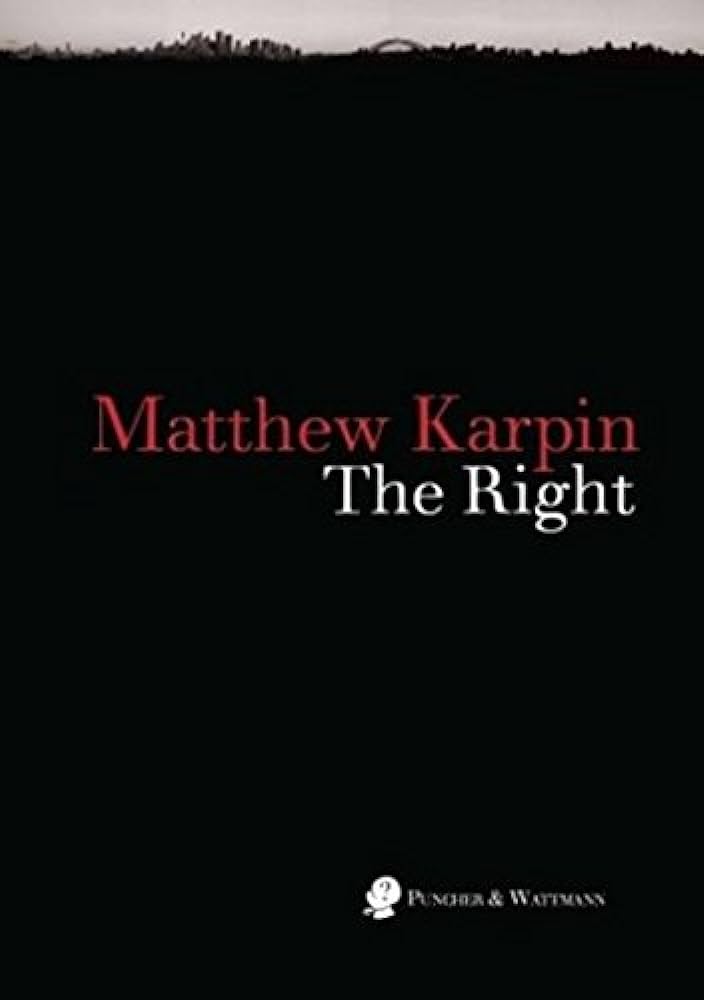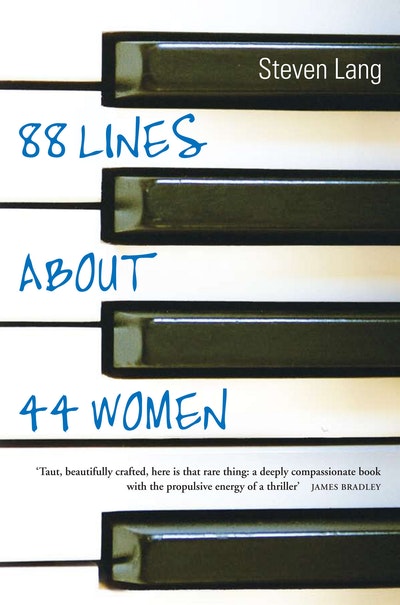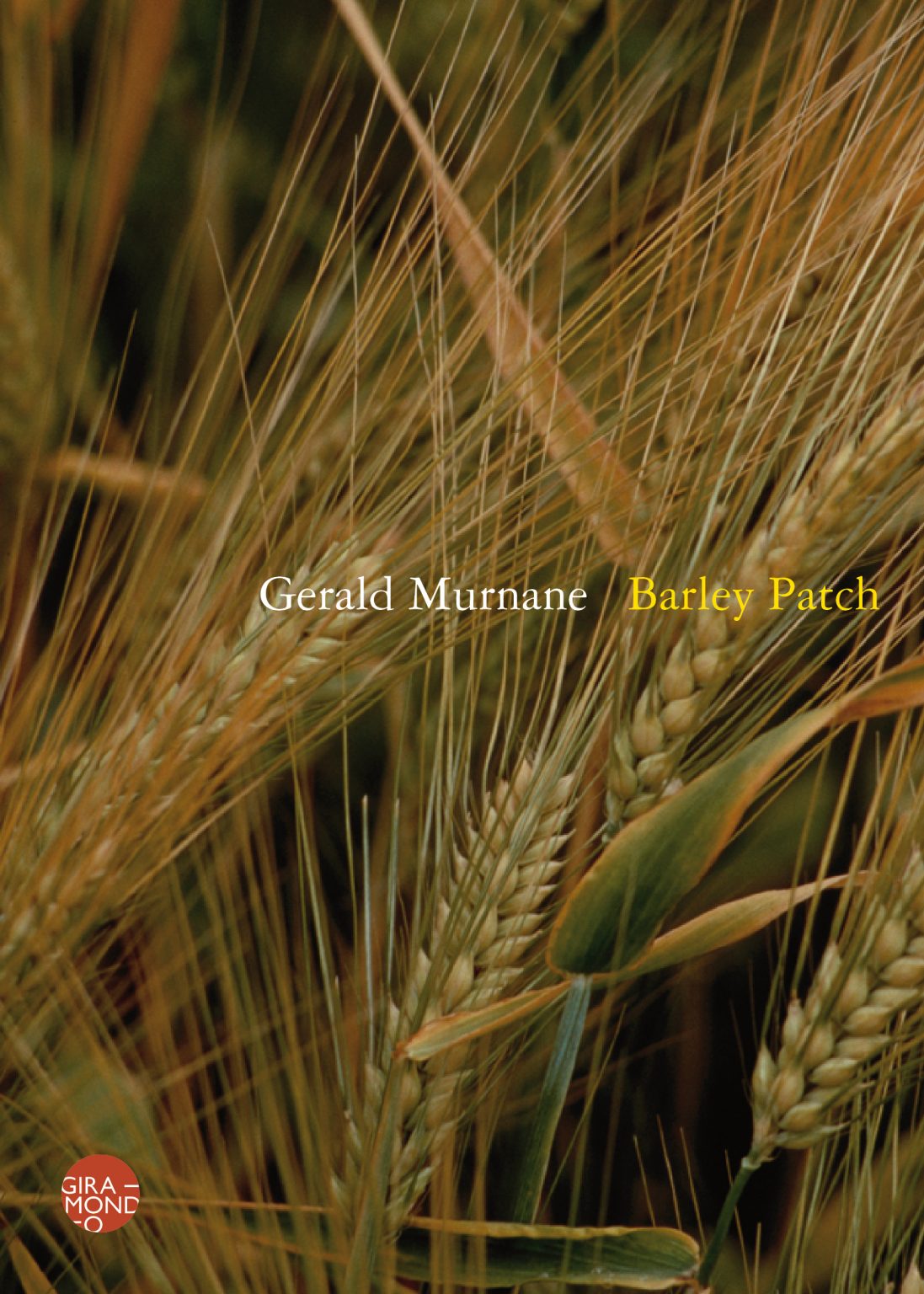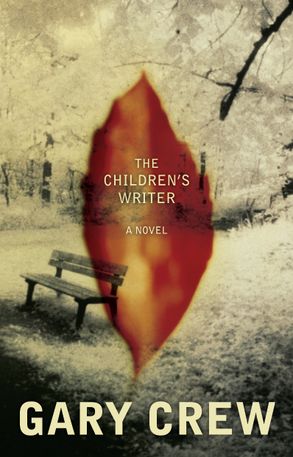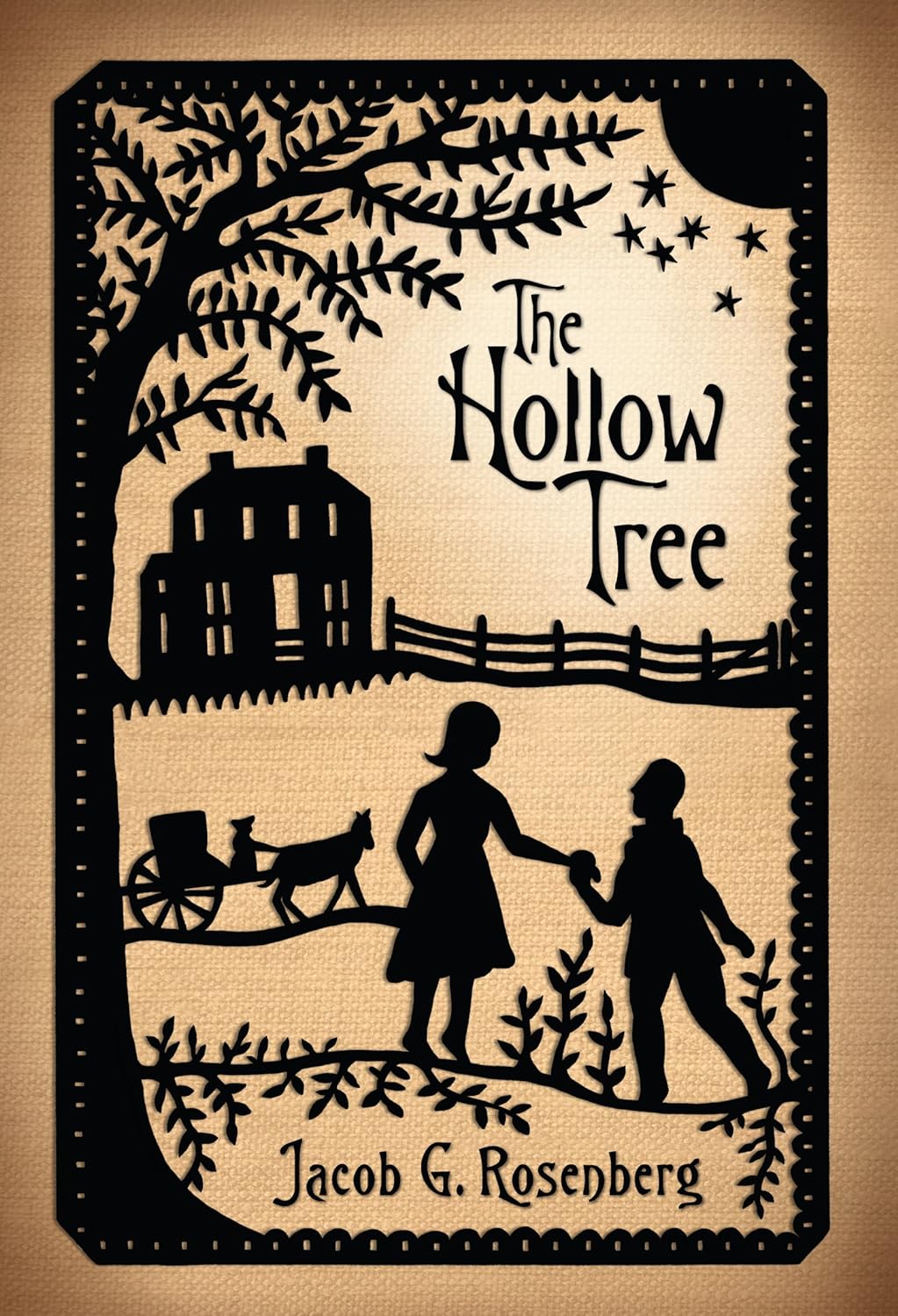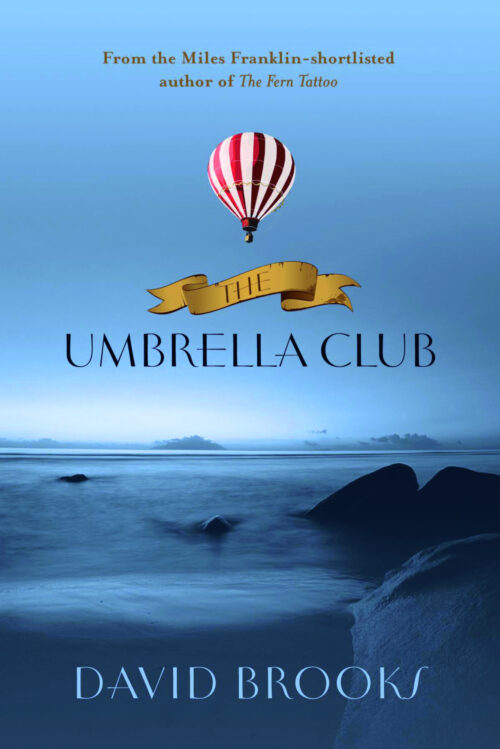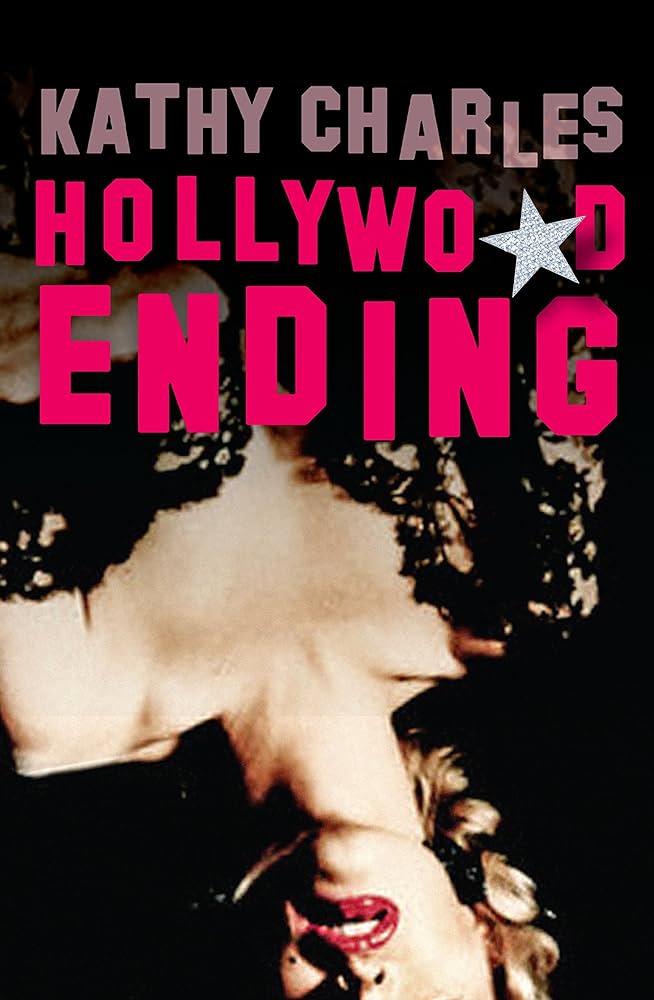Fiction
At the end of her insightful critical study David Foster: Satirist of Australia (2008), Susan Lever quotes several rather despondent-sounding letters from her subject. In one, he claims to have lost his taste for satire; in another, he declares that he is ‘over’ literature. Yet he also expresses a continuing desire ‘to write books that are strange and beautiful’, and reveals he is at work on a new novel, his first since The Land Where Stories End (2001), one that draws on the framing tale of Arabian Nights and explores his ‘twin obsessions’: sexuality and mysticism.
... (read more)It takes nerve to create three self-absorbed characters, set them in dingy inner-urban Sydney over one summer, give them booze, cigarettes and tattoos, and locate the drama in a share house without resorting to a He Died with a Falafel in His Hand fiasco of bad manners. But with this scenario Emily Maguire, in her surreptitiously brilliant third novel, has instead created a riveting emotional composition which plays out with the basso of a tragic opera, the discipline of a stage play and the authenticity of real life. The book sucks us into its melodramas and subtleties; we enter both a plausible and dynamic depiction of contemporary dysfunction, and a carefully crafted parable on the gifts and hazards of caring for one another.
... (read more)After abandoning its ideals, the Australian Labor Party ‘degenerated into a vast machine for capturing political power’: that was the diagnosis of Vere Gordon Childe, the polymathic party insider, and he was writing in 1923. The brutality of Labor machine politics is hardly news, but it remains relatively unexplored territory in Australian fiction. Matthew Karpin’s latest novel gives us the blackest of the factional black hats – the right – doing deals and scheming schemes in an imaginary New South Wales state government during the mid 1990s. Satire is the usual Australian response to the venality of those who govern us, but Karpin’s approach, by contrast, is intensely serious, as he presents the inner lives and inner demons of a large cast of parliamentarians and apparatchiks. In that respect, The Right is as much a psychological novel as it is a political one.
... (read more)In an intriguing coincidence, three recent novels by notable male writers feature central characters who, former members of world-famous rock bands, ruminate on the mess they made of the past. The notion of faded rock stars clearly provides much scope for exploring issues of male ego, sexuality and mid-life crisis. Unlike Nick Hornby (Juliet Naked) and Nick Earls (The Story of Butterfish), Steven Lang is no ‘lad-lit’ writer, though he does delve into similar thematic territory in his second novel, 88 Lines About 44 Women.
... (read more)Eighteen years ago, Gerald Murnane gave up writing fiction. At least, that is what the unnamed narrator of Barley Patch says happened to him in this new work of fiction, the first to be published by Murnane in fourteen years. It is tempting to think that this book might offer some kind of insight into what led to this hiatus in Murnane’s career. After all, if Murnane is Australia’s most innovative writer of fiction, as the book’s blurb tells us, this period of silence is an absence that should interest careful readers.
... (read more)Although Fourth Estate heralds this as Gary Crew’s first adult novel, readers who have followed his long career as a celebrated writer for young people will be aware that several of his Young Adult novels could be classified as ‘crossovers’. What defines them as such is the age and experience of their narrators: Kimmy of Angel’s Gate (1993) may be ten years old, but the story is told fifteen years later by an adult, Kim. Similarly, the teenage Sarah’s evidence indicts Mama Pratchett, but she relates the story of Mama’s Babies (1998) many years after the trial. Retrospective narration allows Crew to transcend the limitations of a youthful viewpoint and to look back upon events with mature wisdom, a technique he again employs in The Children’s Writer.
... (read more)Jacob Rosenberg completed the manuscript of The Hollow Tree shortly before his death in October 2008. Born in Lodz in 1922, he lived there until he was deported to Auschwitz, where he lost his entire immediate family. He was later a prisoner in the Woflsburg and Ebensee concentration camps. In 1948 he and his wife, Esther, emigrated to Australia, where they raised a family and built a successful clothing business.
... (read more)Having disposed of World War I in a couple of brief chapters, our shell-shocked soldiers wonder what to do next. During the war, sinister balloons carrying out surveillance had hovered over the trenches. This now gives Axel Glover and Edward Llewellyn an idea. They have become mates in an understated English way, never making eye contact.
‘The first time I saw Axel Glover he was standing stark naked in a wide shaft of sunlight,’ begins the novel, which is written in the largely monologic voice of a diary or memoir. It records the lives of these two ‘very deep friends’ who, having survived the war together, commit to the somewhat eccentric adventure of ballooning to ‘New Albion’, in the Western Pacific of the imagination.
... (read more)In eleven-year-old Grace’s world, the ‘saved’ number 11,423 people. Four of those are part of her immediate family; her twin brothers, her mother, and her father, who encourages his daughter’s inquisitive nature and who ‘probably has more interesting thoughts than any other home lighting warehouse manager in Australia’.
... (read more)Hilda, a seventeen-year-old living in Los Angeles, is obsessed with dead celebrities. She and her friend Benji collect remnants from sites of tragedy or scandal – bricks, tiles, photographs of bloodstains – material suggestive of the enigmatic past. This ‘trivia’ deadens the things Hilda would rather not think about, including the death of her own parents. Hilda befriends an old man named Hank, who harbours his own dark secret and has met celebrities in his job as a Hollywood pool cleaner. Later in the story, a screenwriter named Jake feels like a conflict-creating device or distraction.
... (read more)

